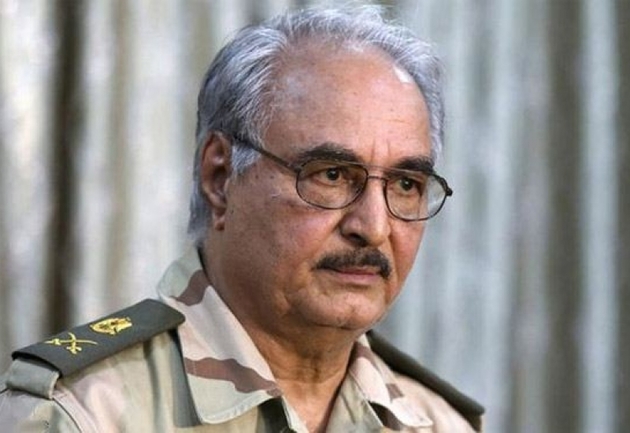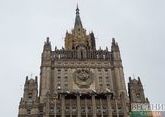Libya’s oil production will be limited to 72,000 barrels per day from over 1.2 million barrels per day after Libyan National Army (LNA) Commander Khalifa Haftar shut down oil production, Bloomberg reported citing the Libyan National Oil Corporation's spokesman.
On January 18, the National Oil Corporation declared Force Majeure as a result of the blockage of ports in the central and eastern parts of Libya. According to the NOC, oil output will fall by about 800,000 barrels a day, costing $55 million daily.
On January 19, Al Wasat reported that the El Sharara oilfield, which can pump 300,000 barrels a day, was closed.
A leading analyst of the National Energy Security Fund, a lecturer at the Financial University under the Government of the Russian Federation, Igor Yushkov, speaking to Vestnik Kavkaza, stressed that this blockade will not significantly affect the global oil market. "Libya has joined a pool of countries that have recently virtually zeroed exports - Venezuela and Iran - but this has not caused a deficit or price increase. The reasons are clear - other countries increased their production, compensating for Libya's oil export," he pointed out.
"First of all, the United States. The U.S.is increasing output, and in this regard, the Libyan crisis is as beneficial to them as the sanctions that they imposed against Iran and Venezuela. It is also beneficial to Saudi Arabia. If before Saudi Aramco's IPO, the company's output was even less than prescribed by the OPEC + agreement, now it will begin to increase production to the maximum allowed by the OPEC+," Igor Yushkov noted.
Deputy head of the Council of the Russian Diplomats Association Andrei Baklanov, in turn, noted that by blocking ports, Haftar sent Tripoli a signal to international mediators, including Russia and Turkey, that he wanted to be in a stronger position. "He does not want to equalize himself and the transitional government in Tripoli and sees the negotiation process only with his predominant role," the diplomat said.
"The blockade of ports is a signal from Haftar and forces loyal to him that the place that is assigned to them and the general in the negotiation process does not quite suit them. Haftar believes that the balance of forces on the ground imply a more significant meaning of his words and decisions," Andrey Baklanov noted.







